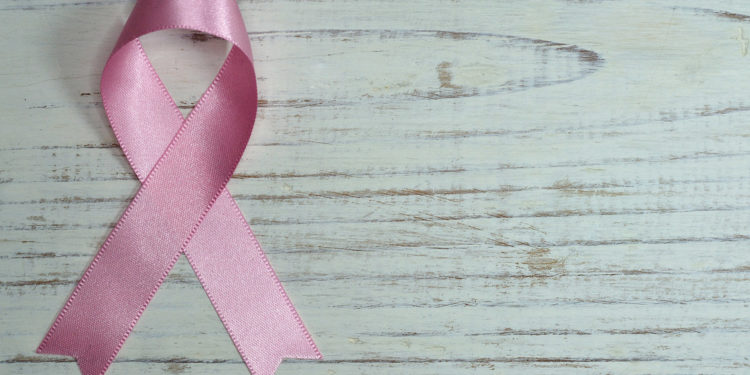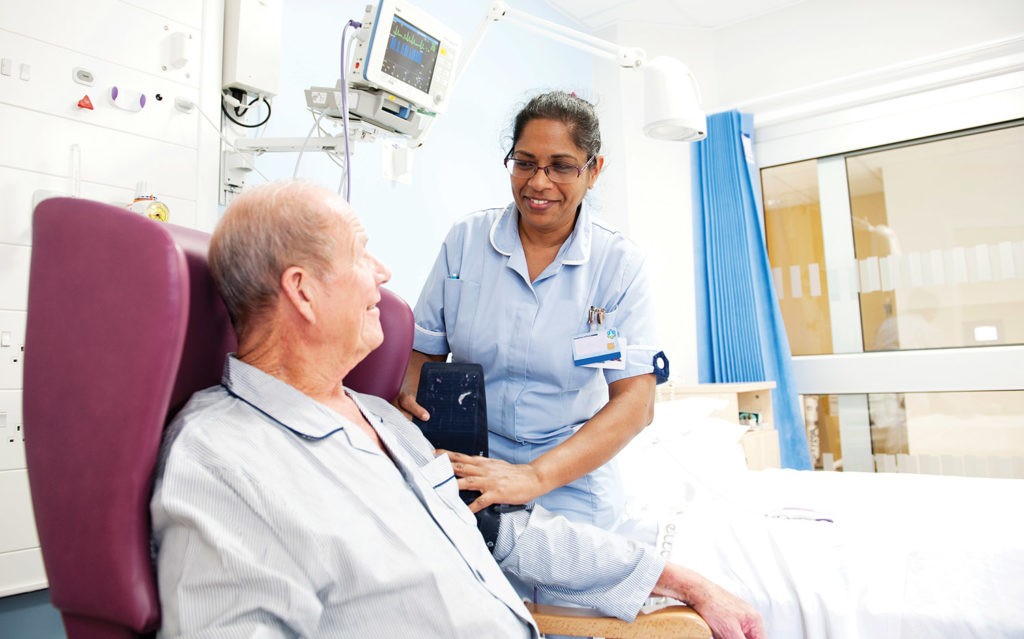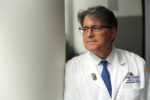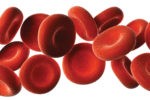World Cancer Day

We Can and We Will
If there is one thing we can say for certain about cancer, the research surrounding it, and its treatment is that it’s complicated. The disease knows no borders and is brutal and merciless. Its research is multi-faced and complex, and treatment is difficult but offers hope. Cancer touches everyone, and as a global society, fighting it changes us for the better.
February 4th is World Cancer Day. Organized by the Union for International Cancer Control, World Cancer Day is a day when health organizations and people around the world unite to raise awareness about cancer and work to make cancer a global health priority. It is this year’s opportunity for millions of like-minded individuals from across the globe to raise a collective battle cry and fight cancer like a warrior.
“I Am and I Will”
This year is the second of a three-year theme, “I Am and I Will” which calls everyone to a personal commitment to help reduce the global impact of cancer, whether our role is as a medical professional, family member, friend, or concerned citizen. Around the world, people will hold festivals, walks, seminars, and public information campaigns to raise awareness and educate individuals on how to fight and prevent cancers as well as promote research. The aim is to prevent millions of preventable deaths across the world by pressing for change.

Awareness Fuels Change
Healthy Kansas City believes that awareness fuels change. Nowhere is that more evident than on the battlefield against cancer. With continued advances in strategies to detect cancer earlier and treatments to cancers more effectively, the number of individuals living beyond a cancer diagnosis continues to rise. According to the American Society of Clinical Oncology’s (ASCO) 2019 report on Clinical Cancer Advances, we’ve seen recent transformative research and breakthroughs and progress is moving at a swifter pace than ever before.
Exciting Advances in Cancer
In the past 24 months, we have seen groundbreaking advances in the treatment of cancers, including types considered rare. Treatment advances in the areas of immunotherapy, systemic chemotherapy, targeted chemotherapy, surgery, and radiotherapy are being harnessed to attack many forms of cancers more successfully.
Rare cancers account for 20% of all cancers in the United States each year. The very fact that the cancers are considered rare can make it difficult to advance treatment. They are the subject of fewer studies and there are far fewer patients for such studies. There is less information about the diseases and far fewer doctors who are knowledgeable about and have experience in treating them. Patients with rare cancers are more likely to take longer to diagnose, and are often misdiagnosed initially.
Despite these barriers, we’ve recently seen tremendous progress in the treatment of rare cancers, particularly in finding effective therapies for some rare forms of uterine, neuroendocrine, joint, and thyroid cancers, as well as sarcomas.
Recently, the Food and Drug Administration (FDA) approved the radioactive agent Lutathera (lutetium Lu 177 dotatate) for treating patients with somatostatin receptor-positive gastroenteropancreatic neuroendocrine tumors (GEP-NETs). These tumors develop in the pancreas or elsewhere in the gastrointestinal tract, forming from cells that make hormones.
According to ASCO, the FDA additionally approved the targeted drug combination of Tafinlar (dabrafenib) and Mekinist (trametinib) for patients with BRAF-mutated anaplastic thyroid carcinoma — and notably the first treatment in almost 50 years for the disease — in May 2018. This unusually aggressive, fast-growing type of thyroid cancer tends to spread quickly to other parts of the body and is usually resistant to chemotherapy.

Another exciting advance was in the area of breast cancer. Recent studies showed Trastuzumab, a standard treatment for human epidermal growth factor receptor 2 (HER2)–positive breast cancer, significantly slowed the progression of HER2-positive uterine serous carcinoma.
An additional study saw the first promising therapy for a rare cancer of the joints known as tenosynovial giant cell tumor, the colony-stimulating factor-1 (CSF-1) inhibitor pexidartinib, which showed an overall response rate of 39.3% in patients taking pexidartinib versus 0% in patients taking a placebo.
The last 24 months also saw major advances in research and diagnostics. In molecular diagnostics, for example, the TAILORx breast cancer study offered a reprieve from chemotherapy for as many as 70% of women with hormone receptor-positive, nod-negative breast cancer. Immunotherapy expanded to cancers where previously saw fewer treatment successes. And a new combination immunotherapy was approved as the new standard of care for patients with renal cell cancer, and an investigational PD-1 inhibitor showed promise for advanced squamous cell cancer of the skin. These advances, along with many others soon on the horizon, are greatly improving responses to cancers worldwide. For the first time, we have several different very promising approaches that are yielding potentially curative treatments for cancer.
A Global Hope
While we are making significant strides in research and treatment, not every country has the funding for research, nor has access to treatment universally accessible or affordable. That is precisely what makes prevention education one of our mightest tools in the war on cancer.
To put this in perspective, in 2018 there were 17 million new cases of cancer worldwide and 33% of those cases alone were potentially preventable and linked to exposure to tobacco. That is hugely significant. Advances in cancer alone will not defeat cancer. Progress against cancer clearly rests in the collaboration between patients, physicians, researchers, and supporters and that unity needs to extend globally. World Cancer Day is a single initiative that unites everyone, no matter where they are, or who they are, and puts everyone on the frontlines to battle cancer. Together we have fought and will fight to defy the odds. Together we will never give up.





